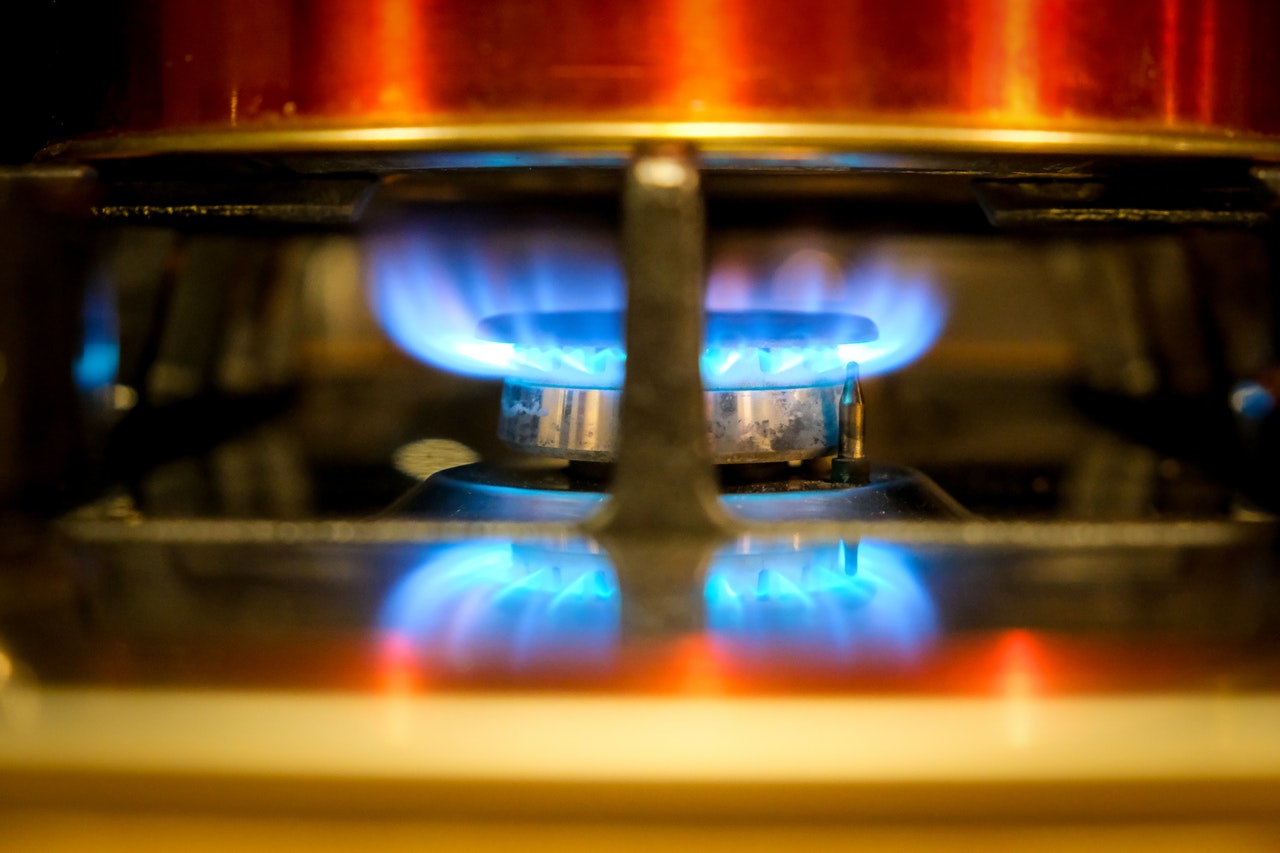Could you tell if you had a gas line leak?
Fortunately, serious gas leaks in the home aren’t that common. But when it comes to the health and safety of yourself and your loved ones, you don’t want to take any chances.
Keep reading to learn how to detect and prevent gas line leaks in your home.
About Natural Gas
The U.S. The Energy Information Administration (EIA) reports that as of 2019, about half of US homes used natural gas for their basic energy needs.
Energy stations are responsible for monitoring the pressure of the gas as it moves from source to the point of use, and add “mercaptan” which is the sour scent consumers are familiar with. They add this specifically for safety reasons.
If you detect a sour egg smell, you should definitely investigate. Minor gas leaks can happen and be harmless, especially if they are outside.
Natural gas is made up of primarily methane which when burned properly produces CO2 and water. But when gas (methane) accumulates in higher concentrations (higher than 4.4%), like it is prone to do in small, closed areas like basements, then there is a risk of explosion.
Serious leaks leading to explosions are very rare. Still, you’ll want to be diligent about checking your gas appliances for leaks and clogs at regular intervals.
Checking for a Gas Line Leak
Small gas leaks are fairly common and can occur in any part of the gas line leading to our house, or inside on the valves attached to your appliances. c
The older your appliances are, the more likely you might be to have regular, small leaks which you may not even notice.
A gas line leak may also happen with:
- Improper installation of gas appliances
- Loose valves
- Corroded fittings
- Loose fittings
- Cracks in a gas line
- Damage to the gas line
If you have older appliances or heat exchangers, check regularly for cracking and corrosion. Most energy companies offer regular maintenance services which will include checking for leaks, and professionals have special equipment to ensure that everything is running properly.
Purchasing a carbon monoxide detector can also help with the detection of unsafe levels of CO2 in the air.
Signs of a Gas Line Leak
Signs of a gas leak include:
- A smell of rotten eggs
- Hissing or whistling noise at the source
- Higher gas bills
- Clouds near a gas line
- Damaged pipes
- Dead plants
- Orange or red flames on a stove burner instead of blue
- A burned patch on the lawn
If you do have a leak, you’ll likely smell the CO2 long before it actually gets to any point that it’s dangerous.
Still, you won’t want to take any chances, so do reach out to your local gas company if you are concerned and leave the premises.
If you feel safe inside, turn off gas appliances and locate the gas meter — if the dial is spinning this indicates the presence of a leak.
Note that carbon monoxide poisoning is not too common, but certain situations, such as running a gas generator in an area with no ventilation, can lead to CO poisoning.
Gas Line Leak Prevention
To prevent leaks from occurring or getting worse, it’s important to have all of your appliances, equipment, and piping maintained by professionals.
If a gas appliance needs repairs, don’t take the risk of working on it yourself. HVAC experts have specific training for working on natural gas appliances, and gas companies will be able to get to the bottom of problems to do with gas lines.
Gas experts will be able to do special analysis of the flue pipe and that reading will show whether the gas is combusting normally.
CO2 detectors should be placed near gas-powered appliances and near vents, and your home should be kept well-ventilated.
Call Your Natural Gas Experts
If you smell gas, call the gas company right away and vacate the premises.
There’s no need to worry about a natural gas line leak or take any chances when the experts are just around the corner and happy to help.
Our 24-hour emergency gas services include residential leak repairs, re-piping, pilot relights, gas leak detection, and more.
Call us today and we’ll put your mind at ease.
Enjoyed this article? Here are three more to help you:
Easy Energy Saving Tips For Your Home
What Factors Affect Natural Gas Prices?
6 Factors to Keep in Mind for a Gas Pipe Installation


